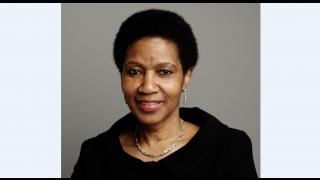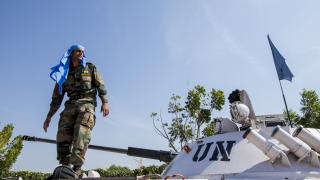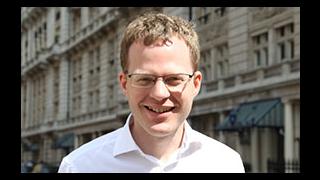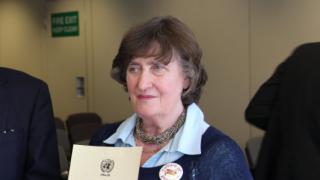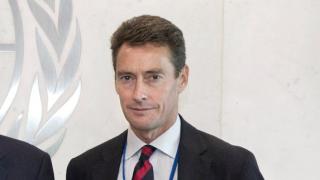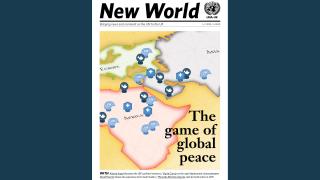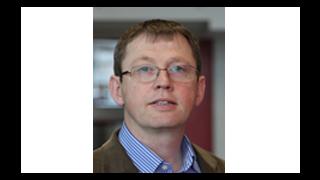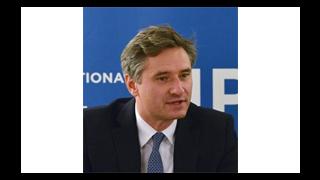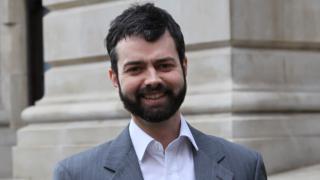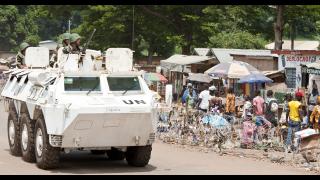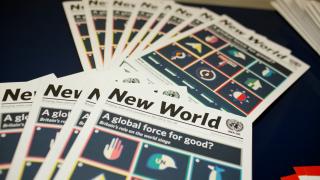
The need for cohesive and effective counter-terrorism policy among UN member states is as crucial as ever. Transnational terrorist organisations, like Islamic State (IS), are territorially expanding in the Middle East, while the foreign fighter phenomenon is affecting a number of countries. With the continuation of this crisis, international gaps within counter-terrorism strategies have shown themselves. There is scope for improvement in UN strategies in terms of increasing its soft power capabilities through enhancing the infrastructure around counter-extremism.
The UN policy towards terrorism continues to hinge on UN Security Council Resolutions 1368 (2001) and 1373 (2001), both passed in the aftermath of the 9/11 terrorist attacks on the United States. Several resolutions on terrorism had been passed prior to this, notably the 1267 Committee, created after the 1999 US embassy bombings to monitor and sanction organisations or individuals associated with al-Qaeda. However, a comprehensive international response to terrorism through the UN was not fully formed prior to 2001.
Two subsidiary bodies are also working to assist the implementation of these resolutions: the Counter-Terrorism Committee (CTC) and Counter-Terrorism Executive Directorate (CTED). These resolutions provide guidelines for member states’ counter-terrorism practices while recognising their “inherent right” to defend themselves from threats to international peace and security. However, these UN guidelines remain just that, as they give precedence to national authorities to dictate their own counter-terrorism practices.
In effect, these resolutions lay out a system whereby states respond to terrorism independently without necessary approval from the UN. In order to improve the effectiveness of the UN in this field, the main debate focuses on what powers the UN should have and what form this power should take. Given its resources and the diverse views of member states, the UN has understandably acted in an advisory capacity with regards to military operations and the use of hard power to combat terrorist threats.
However, the UN has great potential to further unite its members by increasing activity within the 'softer side' of counter-extremism. Although it is difficult to reconcile state differences, the UN should work to improve dialogue and continue to hold regular meetings on counter-terrorism issues in order to encourage cooperation between member states when necessary. Further discussion between member states will facilitate the sharing of information, resulting in increased transparency on real and perceived terrorist threats.
An additional improvement would be to work towards a more comprehensive working definition of terrorism, informed by academics and policymakers. At present, member states have many different definitions that have been driven by both historical and cultural backgrounds. Irish Separatist movements on the UK proscribed terrorist list, for example, would not necessarily be included on the lists of other member states. The UN should encourage states to work towards a cohesive definition and understanding of terrorism that includes state-level concerns and consistent updates.
Finally, the UN should improve its capacity to react to extremism. Concerns already present in Resolution 2133 (2014) highlight that terrorists are making greater use of communication technologies and the Internet. The UN should build upon its counter-extremism strategy by emphasising this aspect and reacting accordingly. This might include training to key member state officials about the use of social media by terrorist organisations, or guidelines for the media on handling terrorist propaganda online so as not to exacerbate crisis situations.
The use of hard power by the UN is difficult to enforce and is often tied up in peacekeeping missions - an important facet of a comprehensive counter-terrorism strategy. Still, it has been the responsibility of individual states to put boots on the ground in military operations. It is for this reason that the most effective strategy for improving the UN’s counter-terrorism work is an improvement in soft power capabilities through, for example, UN dialogue on how to cultivate de-radicalisation programmes for fighters who return to their home states from Syria or Iraq, or the creation of an international information network on counter-extremism tactics. Such an approach will ensure that the UN remains a strong and reliable forum for the global fight against terrorism.
Jake Barker is a Researcher at the Institute for Strategic Dialogue focusing on international security and transnational terrorist networks. He has an MA in Conflict, Security and Development
Dr Erin Marie Saltman is a Senior Researcher at the Institute for Strategic Dialogue, specialising in political socialisation and processes of radicalisation



